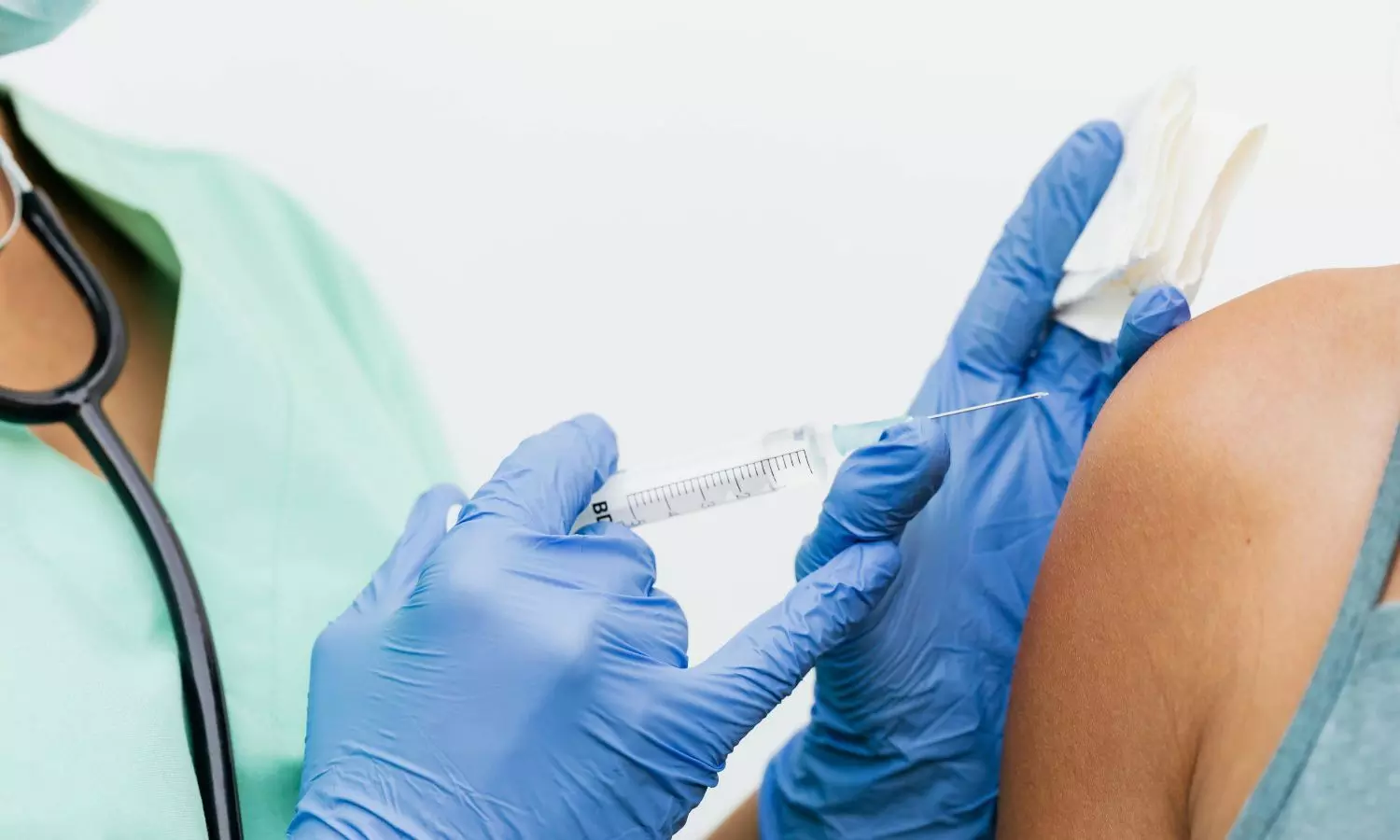Experts Warn: Personal Bias and Blind Beliefs Fuel False Vaccine-Autism Link

New Delhi: Health experts have cautioned that personal bias and blind belief continue to drive the persistent myth linking childhood vaccines to autism, a claim long discredited by scientific research.
A recent self-published, non-peer-reviewed report by the US-based McCullough Foundation reignited controversy by labelling vaccination as “the most significant preventable driver” of autism. The report gained traction among anti-vaccine groups, including Zoho founder Sridhar Vembu, despite lacking scientific validation.
Dr Rajeev Jayadevan of the Indian Medical Association, Kochi, condemned such misinformation, stating that anti-vaccine propaganda caused immense harm during the pandemic when many people died due to vaccine hesitancy.
He added that anti-science sentiments, fuelled by personal biases and conspiracy theories, remain popular in some circles.
Supporting this view, Dr Shefali Gulati, paediatric neurologist at AIIMS, emphasised that vaccine hesitancy continues to challenge public health even after COVID-19.
In an editorial published in the Autism journal, she noted the resurgence of preventable diseases like measles in parts of the US and Europe due to reduced vaccination rates.
Experts reiterated that the vaccine-autism myth originated from a fraudulent 1998 paper by Dr Andrew Wakefield, published in The Lancet and later retracted.
“It’s concerning that Wakefield is again listed as an author in the McCullough report, which mixes opinions, weak evidence, and valid research as if they hold equal merit,” Dr Jayadevan said, dismissing it as pseudoscience.
The World Health Organisation (WHO) estimates that global immunisation has saved around 154 million lives in the past five decades, most of them infants under one year.
Experts urged healthcare providers to counter vaccine hesitancy through empathetic, evidence-based communication that addresses parental fears and misconceptions.


